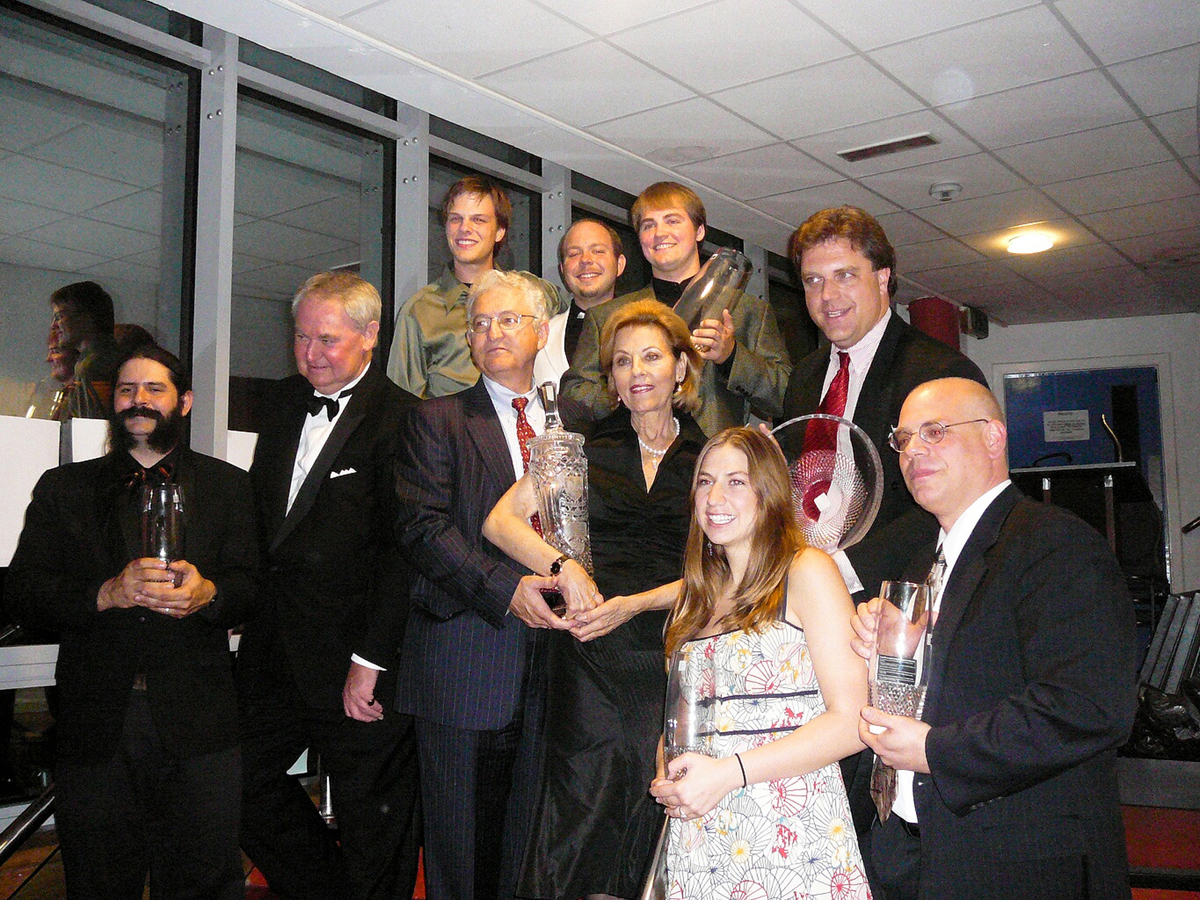
Former Glenn Korff School of Music Artist-in-Residence and Associate Professor of Voice Ariel Bybee, 75, died March 20 in Salt Lake City, Utah.
Bybee was a renowned opera singer, according to Opera News, “a prominent mezzo at the Metropolitan Opera for 18 seasons.” She was also distinguished as a soloist, voice teacher, university professor and opera director.
Bybee taught in the University of Nebraska–Lincoln's Glenn Korff School of Music from 1998-2008 and saw the opera program grow and improve during that time.
“There’s something kind of contagious about opera once you get to know it a little bit,” she said in the 2008 Arts Magazine, published by the Hixson-Lied College of Fine and Performing Arts.
She spearheaded the efforts to create the University of Nebraska–Lincoln Friends of Opera in 2000 to support and enhance the work of UNL Opera.
UNL Opera productions twice participated in the Waterford International Festival of Light Opera in Waterford, Ireland, in 2002 and 2007, thanks to support from long-time opera supporters James C. and Rhonda Seacrest. The 2007 production of Frank Loesser’s “The Most Happy Fella,” which Bybee co-directed with her husband, James Ford, took home six awards from the festival, including the Waterford International Trophy as the top overall production of the festival.
“Ariel Bybee brought to UNL an energetic vision of opera that was informed by 20 years of work alongside the field’s best and brightest singers, directors, conductors, designers and producers,” said William Shomos, the Richard H. Larson Distinguished Professor of Music and Director of Opera in the Glenn Korff School of Music. “She was uncompromising in her enthusiasm and fierce in her passion for the art-form."
Shomos said Bybee continually challenged and encouraged his work.
"At the end of the day, she was a friend and mentor who greatly intensified my respect for opera and left a powerful mark on my own teaching," Shomos said. "I am deeply saddened by her passing, but grateful for the legacy she leaves behind.”
Following her retirement in 2008, the University of Nebraska–Lincoln created the endowed Ariel Bybee Visiting Professorship Endowed Fund. The fund sponsors visiting opera composers, opera directors and opera coaches to come to Nebraska from across the country and around the world as Ariel Bybee Visiting Professors. The Professorship was created by the Seacrests, Friends of Opera and others.
After receiving a bachelor’s degree from Brigham Young University, Bybee won the San Francisco Opera National Auditions, leading to five seasons at the San Francisco Opera. She moved on to the Metropolitan Opera in 1977, where she would sing more than 450 performances as a principal artist.
In 1985 she appeared on stage with the New York City Ballet in its production of “Songs of the Auvergne,” and she debuted at the Ravinia Festival in “Electra.” One of her favorite performing experiences was with the Vienna Philharmonic in a concert performance of “Elektra” at Carnegie Hall.
In 1988, after retiring from the Met, Bybee moved to Lincoln to marry University of Nebraska–Lincoln English professor James E. Ford. They were able to blend their interests in the creation of dozens of programs combining music and literature, which they performed in scores of venues around the world.
In 2006, Bybee was diagnosed with Myelodysplastic Syndrome, a rare blood disease. In 2008, she moved to Salt Lake City, where she taught voice at the University of Utah.
Funeral services will take place Friday, March 30 at the Stake Center in Salt Lake City. Memorials may be directed to UNL Friends of Opera at https://go.unl.edu/7njo or to BYU’s Ariel Bybee Scholarship.
Bybee's obituary is available online at https://go.unl.edu/wm3x.